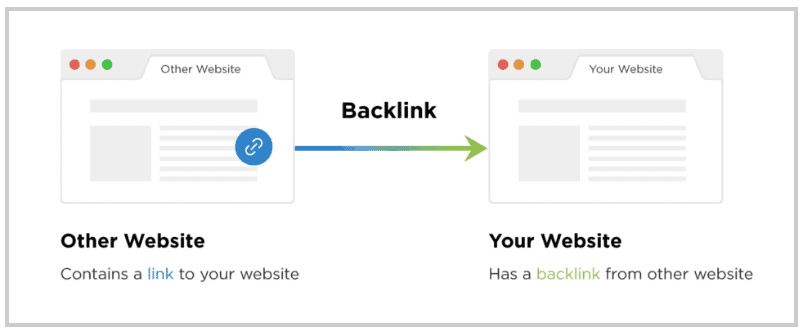
Does More Traffic Increase SEO?

Search engine optimization (SEO) has a lot of moving parts to it, but does more traffic increase SEO? Yes, it does!
Let’s explore why and how more traffic can positively affect your SEO.
The Relationship Between Traffic and SEO
Usually, when we talk about SEO, increased traffic is often the byproduct of good SEO. The hope is that by making sure that your pages are optimized for specific keyword phrases, Google will rank your content, thus increasing your organic traffic.
Organic Traffic
Organic traffic is the traffic your website receives from search engines. This means your content ranked on Google, then someone clicked on the search result to visit your website.
One of the best ways to get more traffic is by creating more content consistently. Most companies utilize the blog on their website as the medium for consistent content creation because each post can be SEO optimized for different subsets of keywords, which can help cast a wider net online and improve the chances of Google ranking certain keywords.
Consistent blogging also has a unique compounding effect, where blogs can drive much more traffic the older they get, as long as you continue to post new content. HubSpot did a study that shows this compounding effect:

As you can see, the more content they posted, the better their chances of older blog posts ranking and driving more traffic, leads, and sales. Content creation is an investment; the more you invest, the greater dividends you can achieve over time.
If you are struggling to create content consistently, we provide monthly SEO blogging plans, where we can do everything for you!
Direct Traffic
Direct traffic is when someone types your website directly into their web browser. While this does not necessarily help your website rank any higher, direct traffic is a signal that Google uses to get an idea of how popular or well-known your website is.
Websites that get a lot of direct traffic often are given a higher domain authority and value, thus making it easier to rank for new keywords when new content is created. SEMrush has concluded that Google prioritizes domains that have more authority when deciding how to rank a website based on a certain targeted keyword.
In other words, direct traffic can positively affect your SEO because it can help you rank for future keywords with less effort.
Time on Site
Once the traffic is on your website, Google looks at the user actions of this traffic to make other determinations.
Time on site is a metric that Google uses in order to understand how your traffic interacts with your content. Essentially, time on site is how long your visitors spend on your pages.
A low time on site indicates to Google that your website isn’t meeting the user’s needs. This means that creating relevant content that meets your users’ intent is essential. For example, if you are a plumbing company, you would not want to create content about your love of cooking.
Pages per Session
The pages-per-session metric tracks how many pages a visitor looks at during their session on your website. The higher the number, the more Google assumes that your content is engaging. A low pages per session tells Google that your information isn’t very relevant or engaging.
This brings up the point of how important good web navigation menus are. If your pages per session is really low, it could indicate that your website navigation is confusing and needs to be updated.
Bounce Rate
The bounce rate is the number of users who leave your site after viewing only one page. If the majority of your users bounce, that could be an indicator that something needs to be improved.
The average bounce rate of domains ranking within the first three positions on Google, according to SEMrush, is 49%. This means that the higher a website ranks, the lower its bounce rate.
One way to improve bad bounce rates is to make sure that your content is engaging and relevant to the user intent. Here at BKA Content, we can help you create amazing blog content to help lessen your bounce rate.
Traffic Can Increase Backlinks

Backlinks are created when another website links to your website.
Backlinks are another signal that Google uses when determining how to rank your content based on certain targeted keyword phrases. In short, the more backlinks your website has, the easier it will be to rank for certain keyword terms, thus increasing your SEO.
When your website gets more traffic, you have a higher chance of some of those visitors viewing you as an authority and linking to your website.
The Connection Between Traffic and SEO
Does more traffic increase SEO? Traffic increases SEO due to the effect it can have on domain authority and the increased chances of getting more backlinks to your website.
While traffic is typically a result of good SEO, more traffic can increase the SEO of your website.
- The Google Quick Answer Box: What, Why and How? - December 20, 2023
- Top 10 Link-Building Strategies for Content Marketers - July 12, 2023
- 8 Types of Ecommerce Content You Should Start Using - May 15, 2023

